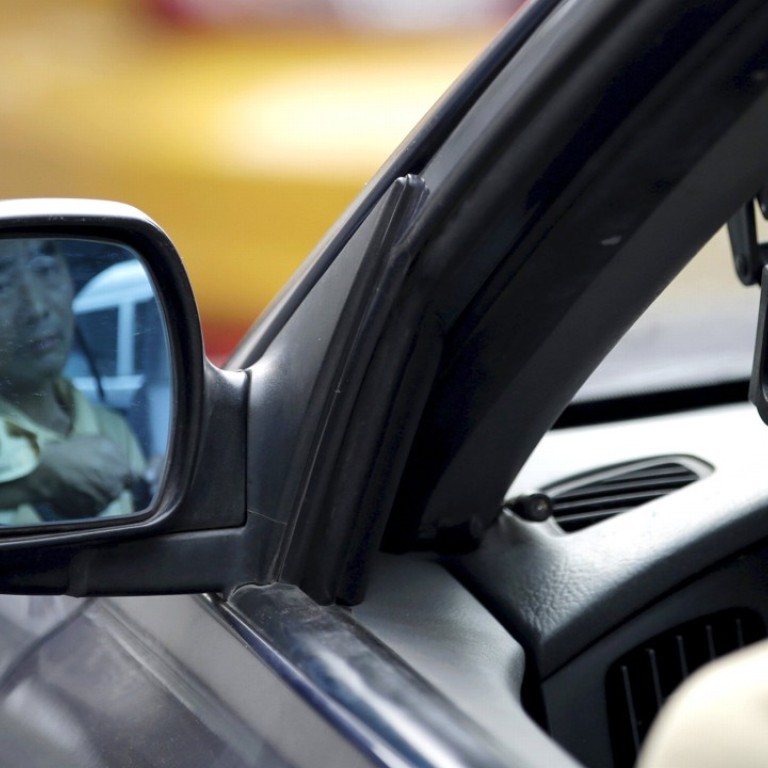
Baidu sets up fight with Didi in China's luxury car-hailing market
Online search engine Baidu leads a 700 million yuan investment in Shouqi Limousine and Chauffeur, pushing the start-up into unicorn territory
The bar to compete in China’s highly competitive premium car-hailing market, currently dominated by Didi Chuxing, was just raised after internet giant Baidu entered the fray by agreeing to provide a chauffeur service provider with funding and access to its artificial intelligence technologies.
Shouqi Limousine and Chauffeur, a Chinese car-hailing company backed by state-owned transport service group Beijing Shouqi Group, said on Monday it has raised an additional 1.3 billion yuan (US$196 million) from investors including Baidu and Chinese smart electric vehicle maker NIO.
The amount includes 600 million yuan from a series B round led by China Minsheng Trust and 700 million yuan from a B+ round led by Baidu and NIO. Shouqi said the latest funding has propelled the two-year-old start-up to “unicorn” status – a private company with a valuation of more than US$1 billion.
The alliance is expected to intensify competition in China’s premium chauffeur-driven car market, currently dominated by ride-hailing giant Didi Chuxing with an estimated 70 per cent share of rides.
Wei Dong, chief executive of Shouqi Limousine and Chauffeur, said the new investment was more than just a financial deal because Baidu and NIO are expected to help it build a new transport ecosystem that “combines capital, smart cars, artificial intelligence and quality service.”
Shang Guobin, deputy director of Baidu’s autonomous driving division, said the company invested in Shouqi because it wanted a strong partner to commercialise its autonomous driving technology.
“It is still too early to say who will be the winner of China’s ride-hailing market, especially with more and more consumers preferring quality chauffeur services,” said Shang.
Following a strategic partnership inked between Baidu and Shouqi in late October, Wei said the two firms have been working to bring autonomous driving to China’s roadways by 2018.
“These pilot projects will still have drivers to monitor the car but the idea is to give passengers a taste of what the future of transport would be like,” he told the South China Morning Post in an interview last week.
Didi Chuxing, which ranks as the world’s second largest start-up with a valuation of US$50 billion, has also been ramping up research into AI and environmentally-friendly mobility technology as it sees autonomous driving and green energy cars as the future of the ride-sharing business. In March the company opened a research lab in Silicon Valley, where it has been hiring local talent to work on technologies such as autonomous driving.
According to consultancy Roland Berger, the size of the premium chauffeur car market in China is expected to grow to 500 billion yuan (US$75 billion) by 2020 from 7.7 billion yuan in 2015 as the service expands to smaller cities and as more consumers are willing to pay extra for better service.
Shouqi said its number of monthly active users has reached 2.4 million, still tiny compared with to more than 25 million per day for Didi Chuxing.

